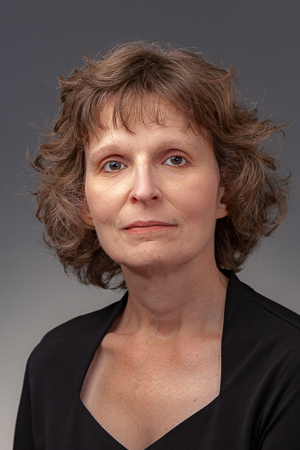Faculty Profile
Noreen Lape
Professor of Educational Studies (2009)Contact Information
on sabbatical 2025-26
57 S College St
717-245-1904
https://www.dickinson.edu/homepage/120/writing_program
Bio
Since 2009, I have served as Director of the Writing Program/Norman M. Eberly Multilingual Writing Center, which offers writing tutoring in eleven languages. As Director, I have developed a Writing Associates (Fellows) Program, transformed a well-established English writing center into a Multilingual Writing Center, administered a three-tiered writing requirement, coordinated a writing-focused faculty development program, and organized the Writing Assessment Project. In 2014, and in collaboration with faculty from across the disciplines, I developed a Quantitative Reasoning Center. My teaching experience includes first-year writing, research writing, writing & wellness, and American literature courses as well as tutor training and composition theory at both the undergraduate and graduate levels. My most recent publications have focused on training tutors in emotional intelligence, developing a Multilingual Writing Center, and adapting writing pedagogy to mathematics courses. In spring 2020, I published as part of Parlor Press's Second Language Writing Series a book entitled Internationalizing the Writing Center: Developing a Multilingual Writing Center that offers a rationale, administrative plan, and tutor training strategy for a Multilingual Writing Center.
Education
- B.A., The College of St. Elizabeth, 1988
- M.A., Temple University, 1991
- Ph.D., 1996
